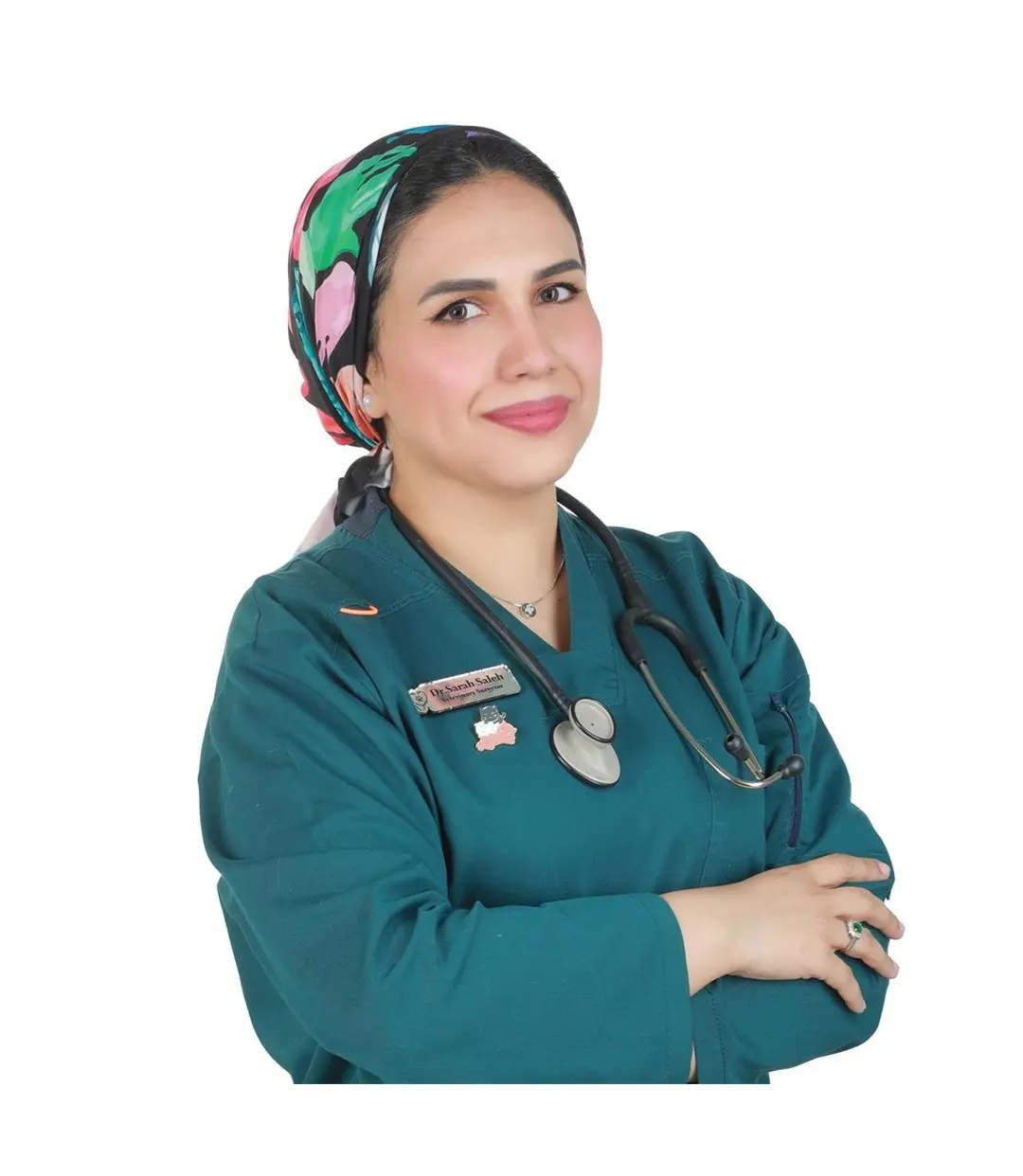Table of Contents
Understanding Veterinary Care for Cats
Veterinary care is crucial for maintaining your cat's health throughout its life. Cats are experts at hiding illness, so regular vet visits help detect potential problems early, ensuring your feline companion stays happy and healthy. A veterinarian can provide general health check-ups, administer vaccinations, offer dental care, treat illnesses, and guide you on proper nutrition and behavior management.
Importance of Regular Vet Visits
Regular visits to the vet are important for several reasons:
- Early Detection: Regular exams can help identify health issues before they become serious, allowing for quicker and more effective treatment.
- Vaccinations: Ensuring that your cat receives its annual vaccines keeps them protected from contagious diseases.
- Preventative Care: The vet can administer treatments for parasites, such as fleas, ticks, and worms, that could otherwise cause harm to your cat.
- Behavioral Advice: If you notice changes in your cat's behavior, a vet can provide insights into potential causes, such as stress, illness, or environmental changes.
- Diet and Weight Management: Maintaining a healthy weight is vital for your cat’s well-being. Your vet can help you choose the right food and portion sizes based on your cat’s breed, age, and health.
Common Cat Health Issues
Cats are susceptible to a variety of health issues, some of which may require veterinary care. Common problems include:
- Urinary Tract Problems: Conditions like urinary tract infections (UTIs) or kidney disease are common in cats and can lead to serious complications if untreated.
- Dental Disease: Dental issues, such as gum disease or tooth decay, can cause pain, difficulty eating, and even heart or kidney problems if not addressed.
- Obesity: Obesity is a growing problem in cats and can lead to conditions like diabetes, arthritis, and cardiovascular disease.
- Parasites: Fleas, ticks, and worms are common parasites that can affect your cat’s health, leading to skin issues or more serious internal problems.
- Arthritis: Like dogs, cats can develop arthritis as they age, causing stiffness, pain, and difficulty moving around.
- Hyperthyroidism: An overactive thyroid can cause weight loss, increased appetite, and hyperactivity in older cats.
- Feline Leukemia Virus (FeLV): A serious viral infection that weakens the immune system and can lead to cancer or other complications.
Vaccinations and Preventative Care
Vaccinations are essential to protect your cat from preventable diseases. Some of the core vaccinations include:
- Rabies: A fatal viral infection that affects the brain and can be transmitted to humans.
- Feline Distemper (Panleukopenia): A highly contagious viral disease that can cause fever, vomiting, and death if left untreated.
- Feline Herpesvirus (FHV-1) and Calicivirus: Viruses that can cause upper respiratory infections in cats, including sneezing, runny nose, and eye discharge.
- Feline Leukemia Virus (FeLV): A virus that weakens the immune system and increases the risk of cancer and other diseases. This vaccine is particularly important for outdoor cats.
In addition to vaccines, preventative care also includes regular treatments for parasites such as fleas, ticks, and worms. Your vet can recommend the best parasite prevention plan based on your cat’s lifestyle and health.
Cat Health Exams: What to Expect
During a routine health exam, your vet will conduct a thorough check-up to assess your cat’s overall health. This will typically include:
- Physical Examination: The vet will examine your cat’s coat, skin, eyes, ears, and mouth to check for abnormalities such as swelling, discharge, or signs of infection.
- Weight and Body Condition: Monitoring your cat’s weight is crucial for identifying early signs of obesity or other health issues.
- Dental Health: Your vet will inspect your cat’s teeth and gums to check for signs of dental disease.
- Vaccination Updates: Your vet will check if your cat is up-to-date on their vaccinations and administer any necessary boosters.
- Parasite Check: The vet will check for external parasites like fleas and ticks and may recommend a stool sample to check for internal parasites.
When to See a Veterinarian
It's important to know when to seek veterinary help beyond routine check-ups. If your cat exhibits any of the following signs, it's time to visit the vet:
- Changes in Appetite or Weight: Significant weight loss, weight gain, or loss of appetite can be signs of an underlying health problem.
- Excessive Vomiting or Diarrhea: If your cat vomits or has diarrhea frequently, or if these symptoms persist for more than a day, it could be a sign of a digestive issue or illness.
- Changes in Behavior: Sudden changes in behavior, such as increased aggression, lethargy, or hiding, can indicate pain, stress, or illness.
- Difficulty Breathing: If your cat is breathing rapidly, wheezing, or showing signs of respiratory distress, seek immediate veterinary attention.
- Visible Injuries or Wounds: Cuts, scrapes, or other injuries that don’t heal on their own require veterinary treatment.
- Excessive Scratching or Grooming: This may be a sign of parasites, allergies, or skin infections.
Cat Care Tips
To keep your cat healthy and happy, here are some general care tips:
- Provide a balanced diet: Ensure your cat is eating high-quality food that suits their age, size, and health needs.
- Regular grooming: Brush your cat regularly to reduce hairballs, prevent matting, and monitor for skin issues.
- Provide a clean litter box: Cats are clean creatures and need a tidy litter box to maintain good hygiene.
- Provide mental and physical stimulation: Engage your cat with toys, scratching posts, and climbing structures to keep them active and entertained.
- Regular vet visits: Ensure that your cat receives regular check-ups and vaccinations to stay healthy and protected.











